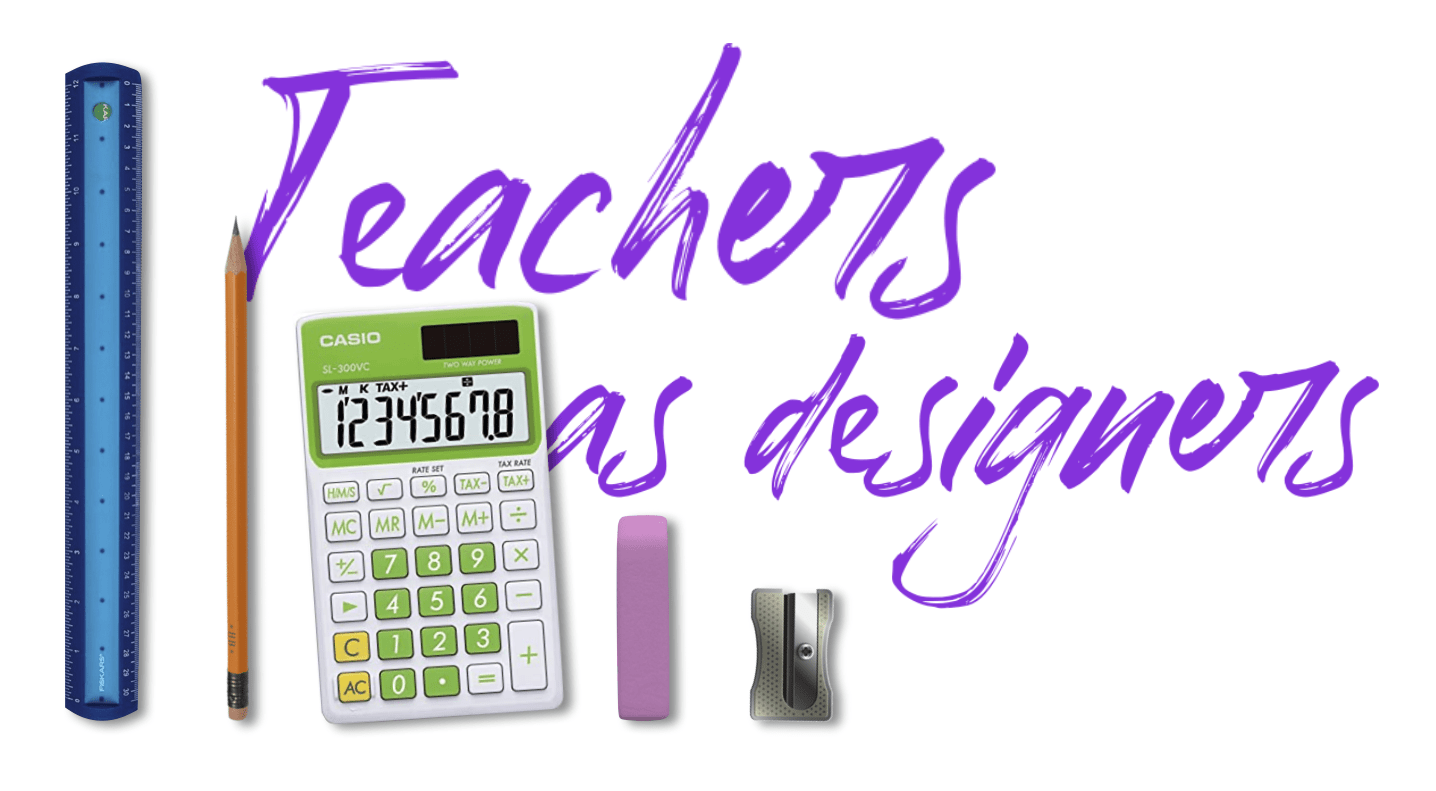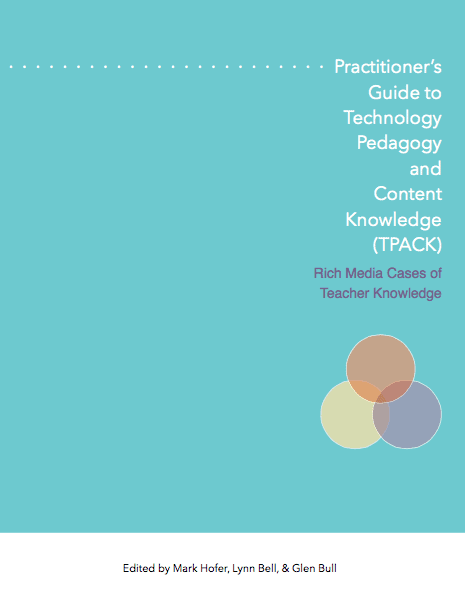Tara Brabazon, professor of media studies at the University of Brighton, has an essay in the Times Higher Education, titled How not to write a PhD thesis, providing her top ten tips for doctoral failure. Though the essay is geared towards dissertations in media studies (as indicated by the mention deconstruction, poststructuralism, Derrida, Baudrillard and more…) there are broader lessons that makes sense for doctoral candidates in education (and I am sure other social sciences) as well. Go ahead and read the article in full. Below I include some quotes from the article that stayed with me, but I repeat, the entire article is worth reading…
2. Use phrases such as “some academics” or “all the literature” without mitigating statements or references
Generalisations infuriate me in first-year papers, but they are understandable. A 19-year-old student who states that “all women think that Katie Price is a great role model” is making a ridiculous point, but when the primary reading fodder is Heat magazine, the link between Jordan’s plastic surgery and empowered women seems causal. In a PhD, generalisations send me off for a long walk to Beachy Head.
The best doctorates are small. They are tightly constituted and justify students’ choice of one community of scholars over others while demonstrating that they have read enough to make the decision on academic rather than time-management grounds.
Invariably there is a link between a thin bibliography and a high number of generalisations. If a student has not read widely, then the scholars they have referenced become far more important and representative than they actually are.
<stuff snipped out>
3. Write an abstract without a sentence starting “my original contribution to knowledge is…”
If students cannot compress their argument and research findings into a single statement, then it can signify flabbiness in their method, theory or structure. It is an awful moment for examiners when they – desperately – try to find an original contribution to knowledge through a shapeless methods chapter or loose literature review.
The key is to make it easy for examiners. In the second sentence of the abstract, ensure that an original contribution is nailed to the page. Then we can relax and look for the scaffolding and verification of this statement.




0 Comments